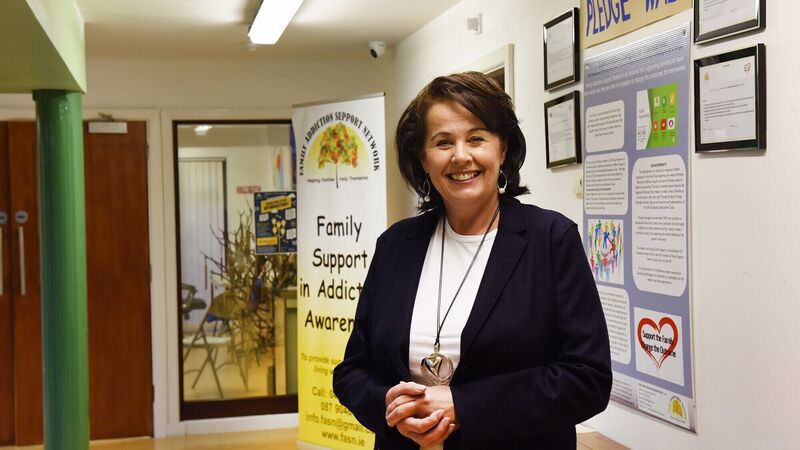Lifeline for families blighted by addiction — but no funding to keep doors open

Jackie McKenna, from the Family Addiction Support Network in Dundalk. Picture: Moya Nolan
After 20 years supporting families traumatised by addiction, sisters Jackie and Gwen McKenna fear they will have no choice but to close up shop soon.
The problem, they say, is funding.











